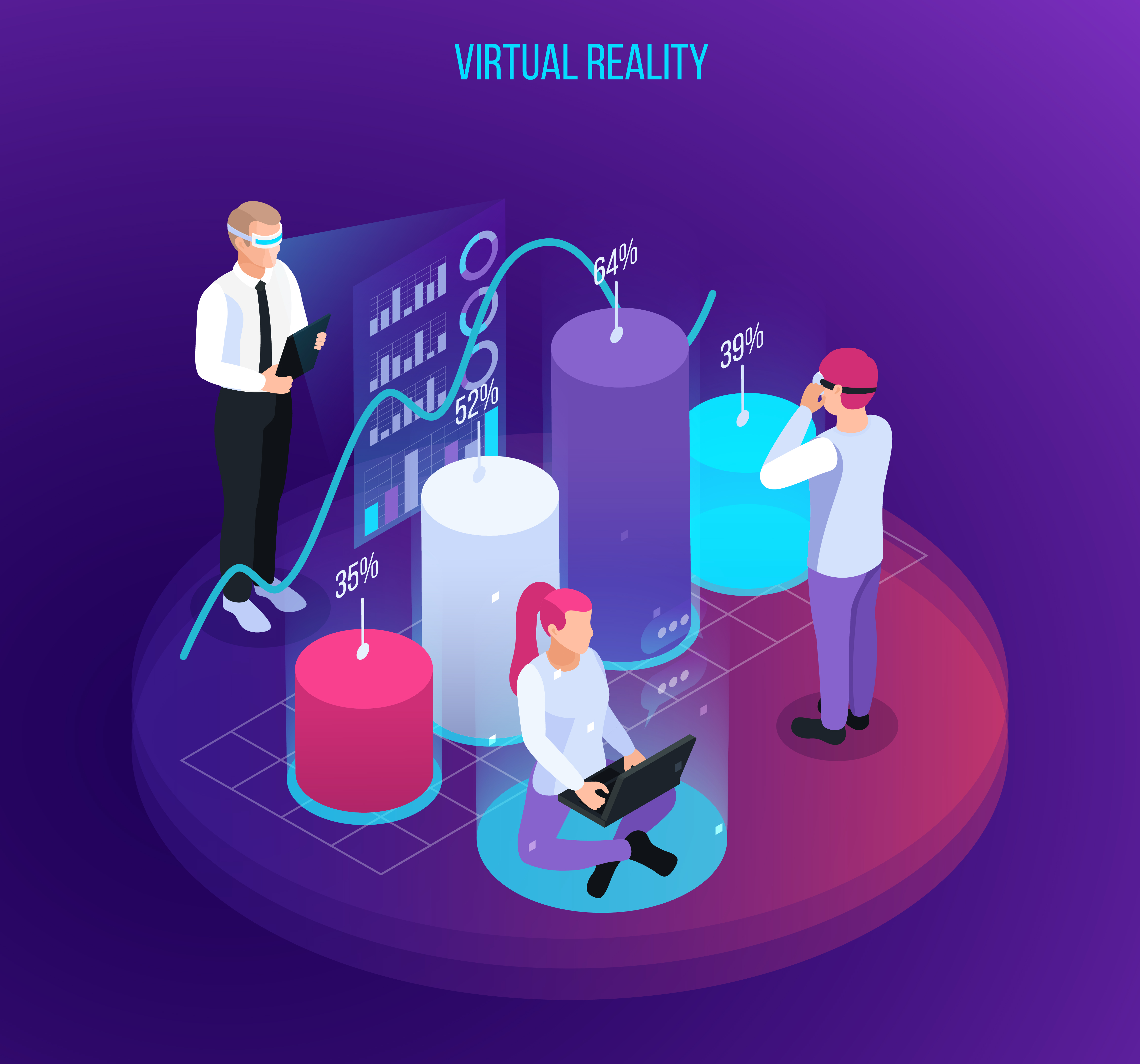What is Bitcoin and Why Does It Matter?
Bitcoin is a decentralized digital currency created in 2009 by an anonymous person or group using the name Satoshi Nakamoto. Unlike traditional money, it doesn’t rely on banks or governments. Instead, Bitcoin uses a peer-to-peer network and blockchain technology to allow users to send or receive payments securely.
What makes Bitcoin different is its limited supply—only 21 million coins will ever exist. This scarcity has led many to compare Bitcoin to digital gold. In recent years, it has gained popularity as both an investment and a method of payment. Whether you're in tech or just curious about the future of money, understanding Bitcoin is becoming more important than ever. It's not just a trend—it's a technology that could reshape global finance in the coming years.
How Bitcoin Works: A Simple Breakdown
Bitcoin works using a public ledger called the blockchain. Every time a Bitcoin transaction occurs, it gets verified by multiple users and is recorded on this blockchain. This system prevents double-spending and ensures transparency. To store Bitcoin, users use digital wallets, which come in mobile, desktop, hardware, or paper forms.
Transactions are made using a set of private and public keys. The private key keeps your Bitcoin safe, while the public key is what you share to receive payments. There are no middlemen, no approval processes, and no banks involved. It’s completely user-controlled. As Bitcoin grows, more merchants, apps, and even countries are beginning to adopt it for daily use.
Benefits of Using Bitcoin
-
Decentralized: No central authority controls Bitcoin.
-
Lower Fees: Transactions can be cheaper compared to traditional banking.
-
International Payments: Send money across borders instantly.
-
Inflation-Resistant: Bitcoin has a fixed supply cap.
-
Anonymity: Users have more control over their privacy.
-
Open 24/7: Bitcoin never sleeps; it works globally, all the time.
Bitcoin Mining: How New Coins Are Made
Bitcoin mining is the process of adding new transactions to the blockchain and releasing new coins into circulation. Miners solve complex math problems using powerful computers. Once solved, the miner gets rewarded with new Bitcoin.
But mining isn’t easy—it needs high electricity, hardware, and constant cooling. That’s why most mining today is done by large farms or mining pools. As more coins are mined, the reward gets cut in half every four years in a process called the halving. In 2025, Bitcoin mining is more competitive than ever, and miners must use energy-efficient setups to stay profitable.

Risks and Challenges of Bitcoin
Bitcoin isn't without risk. Its price is highly volatile. A single tweet or news event can cause the price to surge or crash. Also, if you lose access to your private key, you lose your Bitcoin permanently.
Cyber threats are another concern. Exchanges can be hacked, and scams are everywhere. Bitcoin is also not entirely private; blockchain activity can be traced. Governments worldwide are still trying to figure out how to regulate it, which creates legal uncertainties in many countries. So while Bitcoin is promising, it's essential to approach it carefully and stay informed.
Is Bitcoin a Good Investment in 2025?
In 2025, Bitcoin is considered a high-risk, high-reward asset. For some, it’s a way to diversify a portfolio. For others, it’s a speculative bet. Financial advisors often recommend investing only what you can afford to lose. If you're looking for long-term gains, Bitcoin might fit into your strategy, especially as institutional adoption increases.
Still, it's important to track the market, follow regulations, and use secure platforms. Consider using a mix of hot (online) and cold (offline) wallets for better security. Remember: Bitcoin isn’t a get-rich-quick scheme, but a long-term game-changer that requires patience and knowledge.
Bitcoin vs Traditional Currency: Quick Comparison Table
| Feature | Bitcoin | Traditional Currency |
|---|---|---|
| Control | Decentralized | Central Banks |
| Supply Limit | 21 million coins | Unlimited |
| Transaction Speed | Fast (minutes) | Slower (hours to days) |
| Availability | 24/7 worldwide | Limited to working hours |
| Inflation Risk | Very low | High, based on policies |
| Privacy | Partial anonymity | Requires ID and bank |
FAQs about Bitcoin
Q1: Can I buy a fraction of a Bitcoin?
Yes, Bitcoin is divisible up to 8 decimal places. You can buy as little as $1 worth.
Q2: Is Bitcoin legal in all countries?
No, legality varies by country. Some allow it fully, others regulate or ban it.
Q3: How do I keep my Bitcoin safe?
Use trusted wallets, enable two-factor authentication, and never share your private key.
Q4: Can Bitcoin be converted to cash?
Yes, through crypto exchanges, Bitcoin ATMs, or peer-to-peer platforms.
Q5: Will Bitcoin replace traditional money?
It’s unlikely to replace it fully, but it may become a major part of the global economy.
 Top Technology Trends 2025 – What’s Trending in Technology
Top Technology Trends 2025 – What’s Trending in Technology  Big Beautiful Bill: A New Tax Break for Social Security?
Big Beautiful Bill: A New Tax Break for Social Security?  iOS 26: Release Date, Supported iPhones, Beta, and Rumors
iOS 26: Release Date, Supported iPhones, Beta, and Rumors  Home Decor & Interior Design Ideas for a Beautiful 2025 Home
Home Decor & Interior Design Ideas for a Beautiful 2025 Home  Amazon Tariffs 2025: Tariff Cost Display Announcement & Political Insights
Amazon Tariffs 2025: Tariff Cost Display Announcement & Political Insights  Capital Summertime Ball 2025: The Ultimate Music Event of the Year
Capital Summertime Ball 2025: The Ultimate Music Event of the Year 

